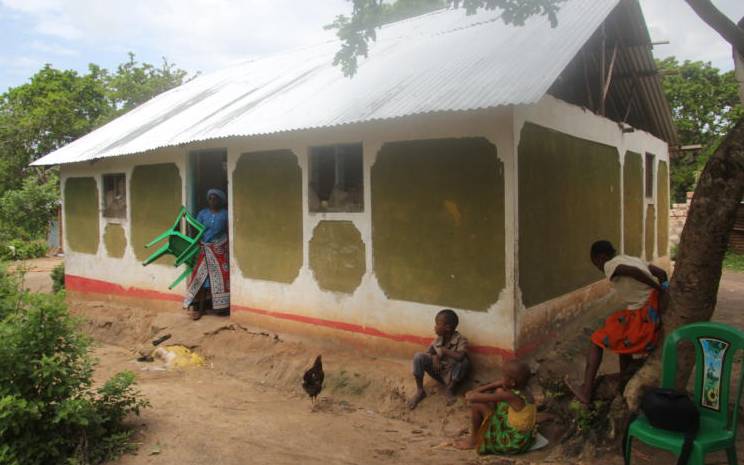×
The Standard e-Paper
Fearless, Trusted News

In 2006, a tourist with a golden heart came face to face with grinding poverty. So deeply moved was she by the plight of local neglected widows in Kilifi that Gabriella Vonwald went back to her home, Austria, with plans to better their life.
She mobilised funds and founded the Gapeka Children’s Hope Centre to address the challenges she had encountered.